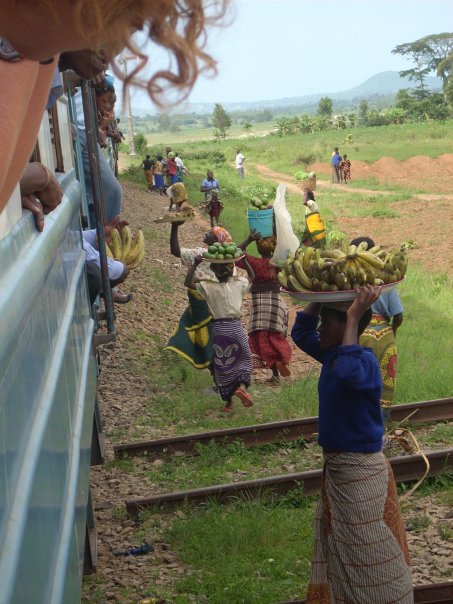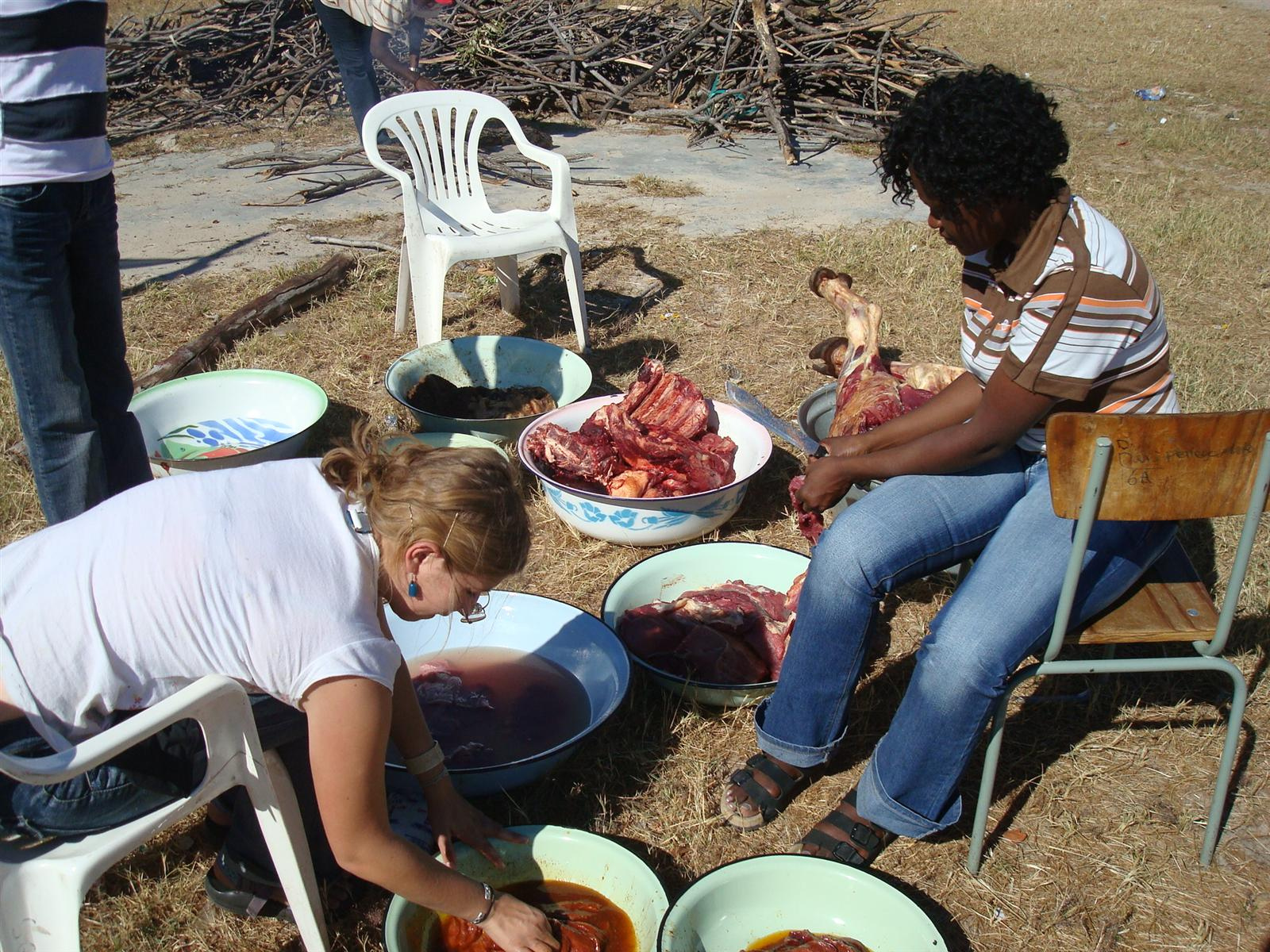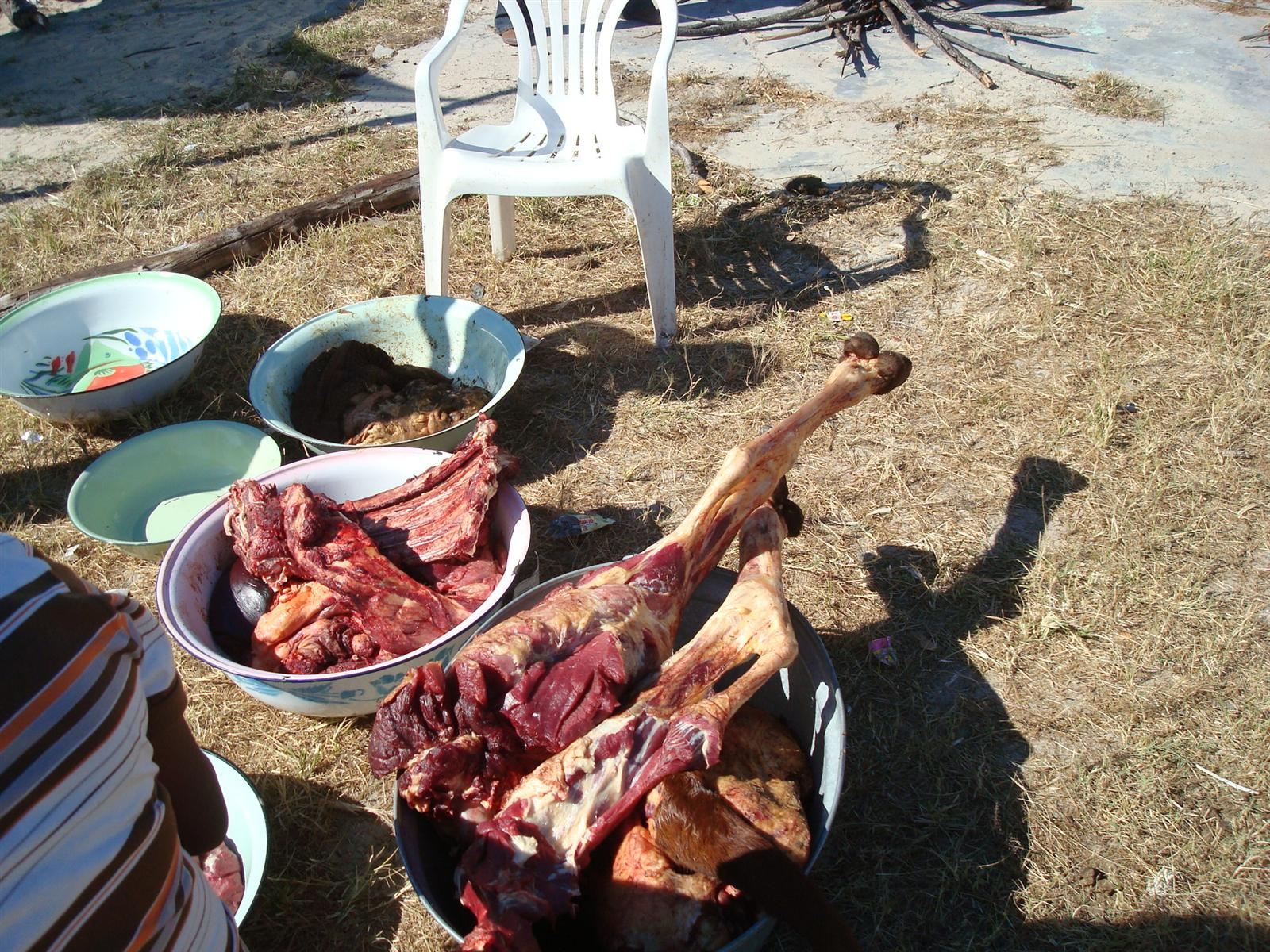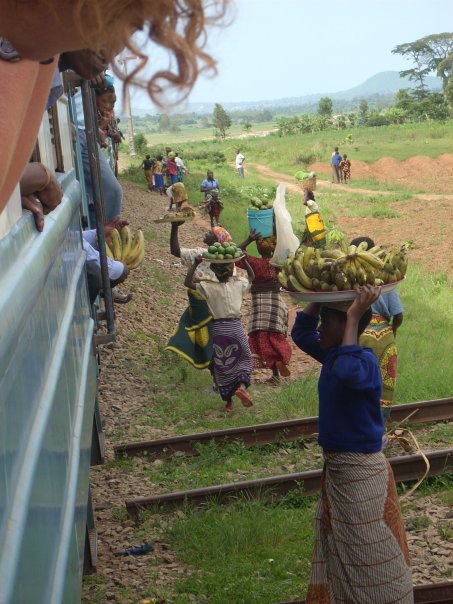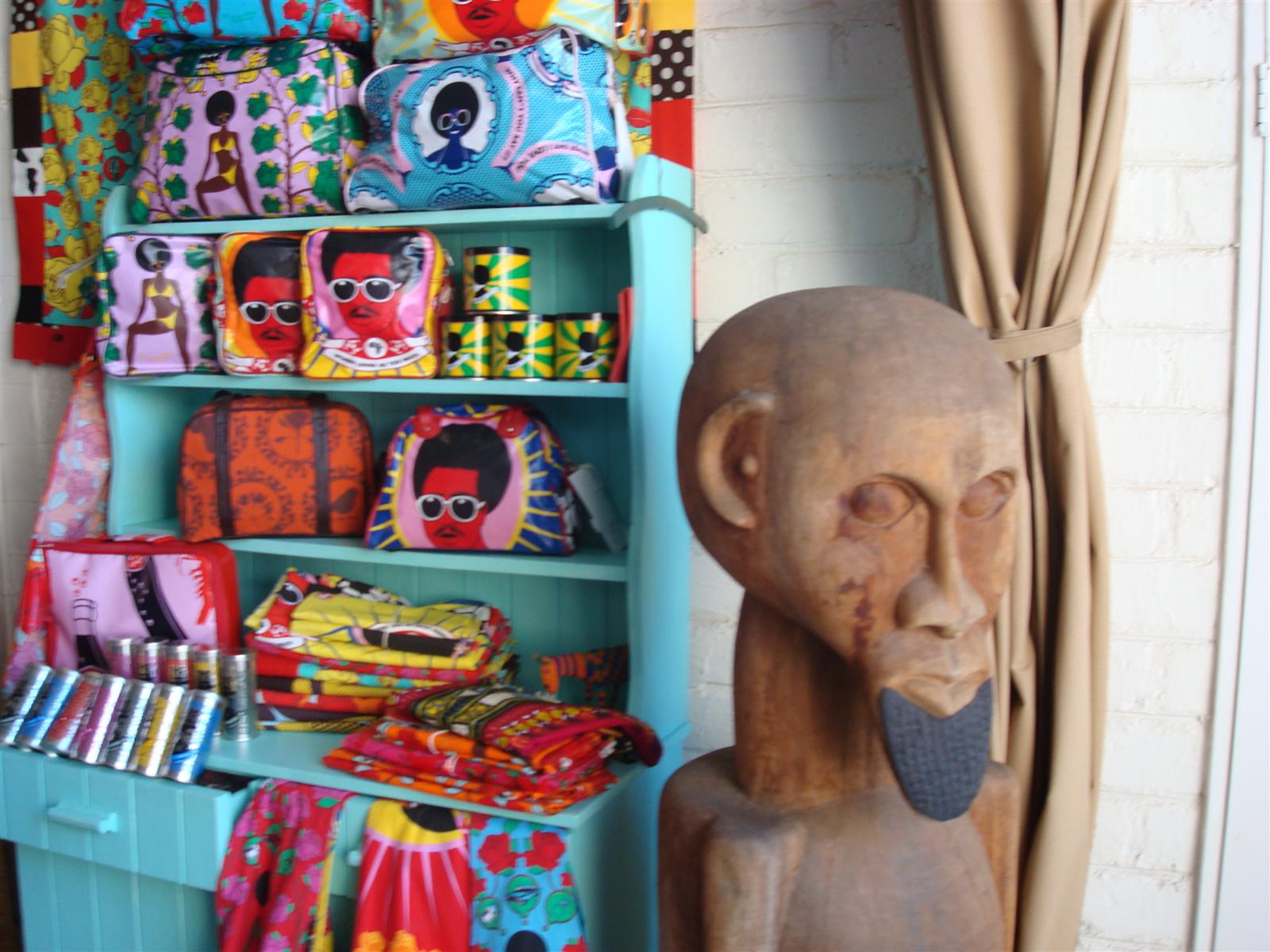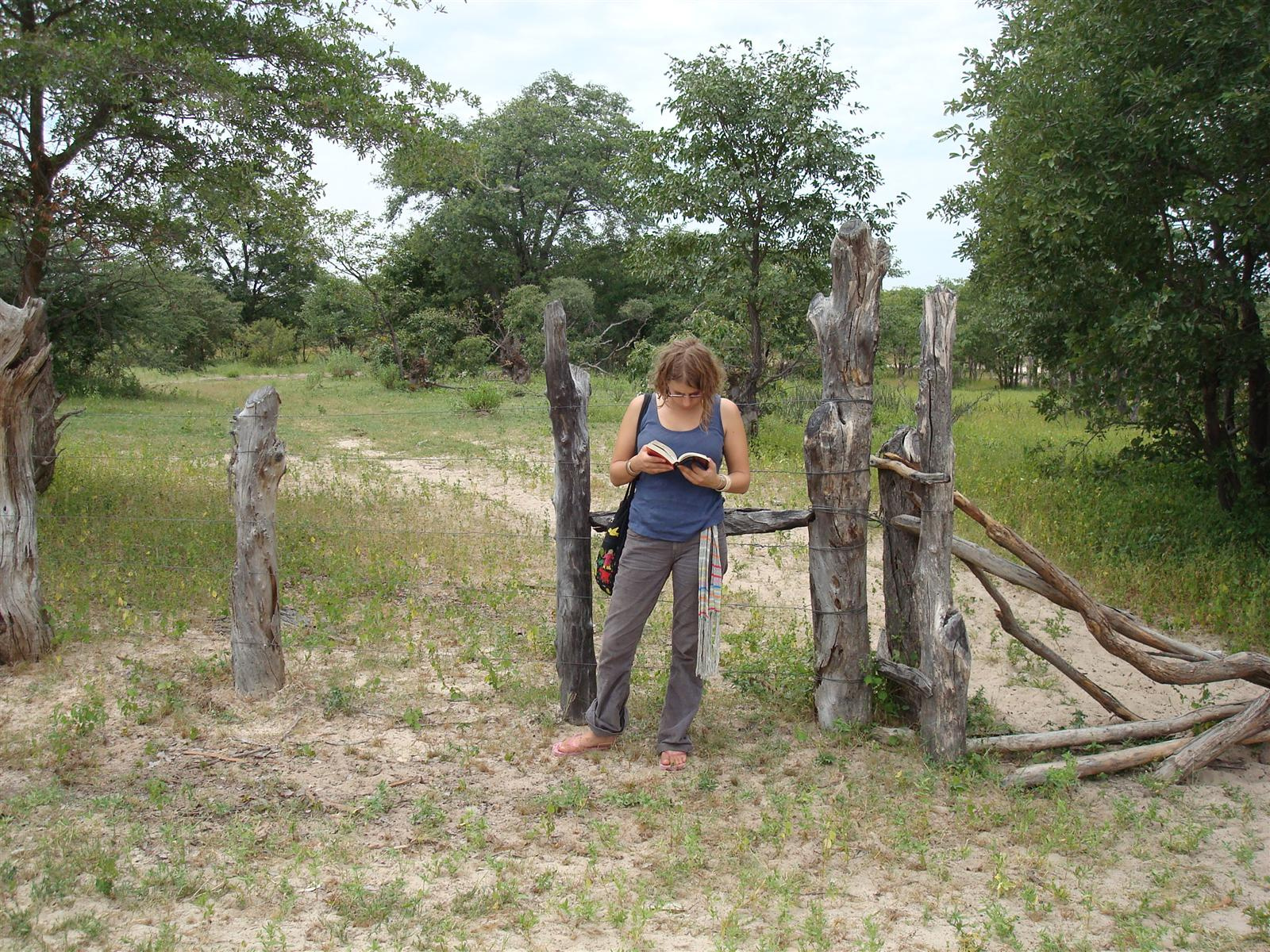10 Tips to Help You Stay Culturally Aware When Traveling to Sub-Saharan Africa
Africa is different. It’s vast and diverse and so unlike home. Its uniqueness is why people dream of visiting the birthplace of our species. These same differences can be what keep people from visiting, preferring the order of European railways and museums, or the accessible Spanish that can take one through most of Latin America. Africa is a whole different travel game.
Having lived in Namibia for two years and traveled to only five of Africa’s 54 beautiful countries, I am by no means an expert, but I picked up a few nuggets of savvy during my stay. Here is my list to help you stay cultural sensitive and make the most of your time in Sub-Saharan Africa:
- Don’t use your left hand
This is true in many countries outside the west. Don’s shake hands, touch food, or accept change with your left hand. The left hand is for washing oneself, particularly after using the toilet, so it’s considered unclean. Even if you’re a germ-aphobe who only travels with Purell, it will creep people out if you touch them with your left hand.
- Greet people before you ask for anything
The pace of life here can be much slower than what you’re used to, so even if you think it’s polite to take up less of someone’s time, know that it’s custom to give a “Hello, how are you?” before you ask directions or for information. This applies to people who are in service as well. Bonus: Learning to greet in the local language goes a long way.
- Do your best to accept food that is offered to you
Do what’s best to keep yourself healthy and safe, but understand that refusing food that is offered to you, especially in someone’s home, may cause offense. And for vegetarians, depending where you are, explaining to people that you elect not to eat meat can be baffling to people, especially in more remote areas where food is scarce. I met many Western vegetarians in Africa, so it’s a possible lifestyle to maintain; however, the stories of the complications it caused, especially outside of cities, were quite hilarious.
- Do not take offense if people comment on your appearance
Africans, in general, are mostly open and up front about commenting on people’s appearance, including race, hair, and weight. If you’re bigger, it can be alarming for a stranger to inform you that “you are fat.” It’s not an insult. On the contrary, it can be a compliment, or just an innocuous (so they think) observation. I had my weight, acne, and race commented on (with pointing and staring) throughout my stay in Africa.
- If you are African-American, expect to be held to a different standard as a visitor
In general, I found people to be forgiving of my cultural blunders, as I am so clearly not African. Fellow African American volunteers in the Peace Corps, however, had stories of locals being confused why they did not speak the language or sometimes becoming impatient or frustrated for not understanding. These experiences are not a rule, and are certainly not as common in more urban and diverse areas.
- Gender roles are more deeply entrenched in society than at home
As female travelers, we are more attuned to the circumstances of our gender, and it can be maddening to see men and boys enjoying themselves while women and girls are at work everywhere around you. There are certain chores that are considered women’s or men’s work, and deviating from those norms can be considered comical or even insulting. It’s important to consider your agenda when openly reacting with indignation or offense, and choosing your language carefully when having these conversations with local men or women.
- Homosexuality is not openly accepted in most places
Unfortunately, many African cultures, and their governments, are intolerant or even punitive against homosexual activities. Personally, regardless of sexual orientation, I wish people would refrain from PDA in public. However openly homosexual affection, in some countries, things as seemingly inoffensive as hand holding, can bring complications to your travel, and in a worst case scenario, queer affection can be against the law.
- Be mindful of your language regarding HIV and AIDS
Sub-Saharan Africa has been and will be battling the AIDS epidemic for some time. Although it’s an unfortunate stereotype to connect with anywhere, the numbers of those infected and affected are staggering. It’s a lot easier than you would think to travel though Sub-Saharan Africa, stick to cosmopolitan cities, go out on Safari, and not directly observe the issue, but it’s still there. And there is still a stigma connected with not only the disease but with testing as well. Many don’t test as it can be seen as a death sentence. Therefore, be careful not to casually speak about the issue loudly and in fatalistic vocabulary. Don’t refer to someone passing a test as “clean” (believe me, I heard this more than I care to remember).
Additionally, numbers indicate that African women are two to six times as likely than men to become infected. So a disease that we largely correlate with behavior and choices in the West is disproportionately harming a vulnerable population.
- Support, and encourage, local artisans when possible
Venture out into the markets. Buy jewelry. Buy art. And pay what it’s really worth to you. I have seen over and over again Western tourists haggling for the best deal as though getting a local price is some badge of honor for a “real traveler.” If you can afford to travel to Africa, you make a whole lot more than the average local African selling wares at a community marketplace. Although an enjoyable way to interact with locals, haggling is more than a game or cultural experience for artisans. It’s their livelihood. It’s how people put food on the table, pay school fees for their children, afford the bus to the doctor and buy medicine. Two dollars to you could mean notebooks and pens for someone’s children.
- Time functions differently
Flexibility and patience is a key factor when traveling in Africa. Buses do not always operate on a set time table, they may leave whenever they get full. There will be a lot of waiting around, especially when using local transport. Lines can get long, it can feel like nothing is happening and then there’s a hectic push in one direction and not everyone waits their turn. Get comfortable operating in uncertainty.
Find this article interesting or helpful? Like or share it on facebook!
